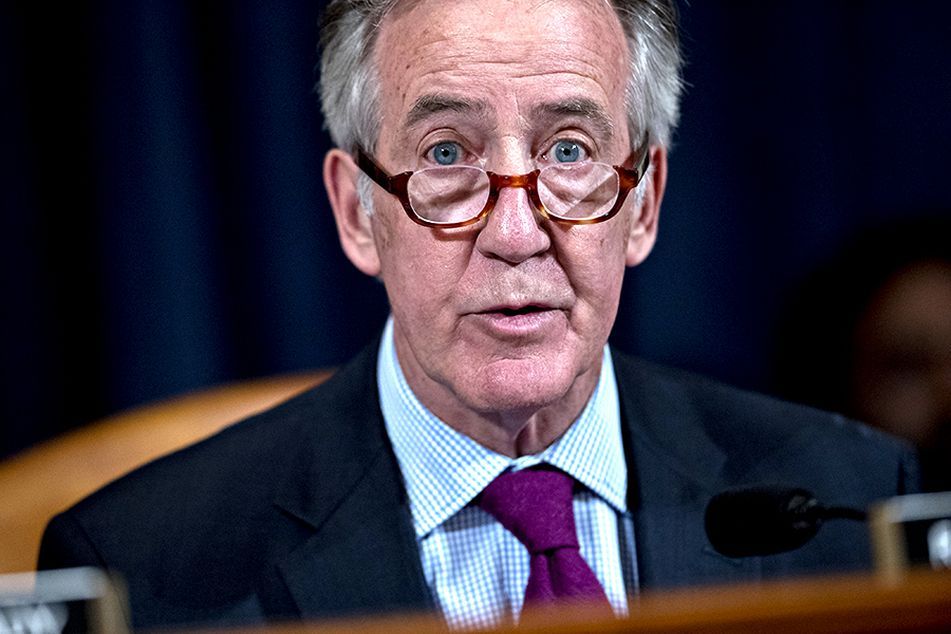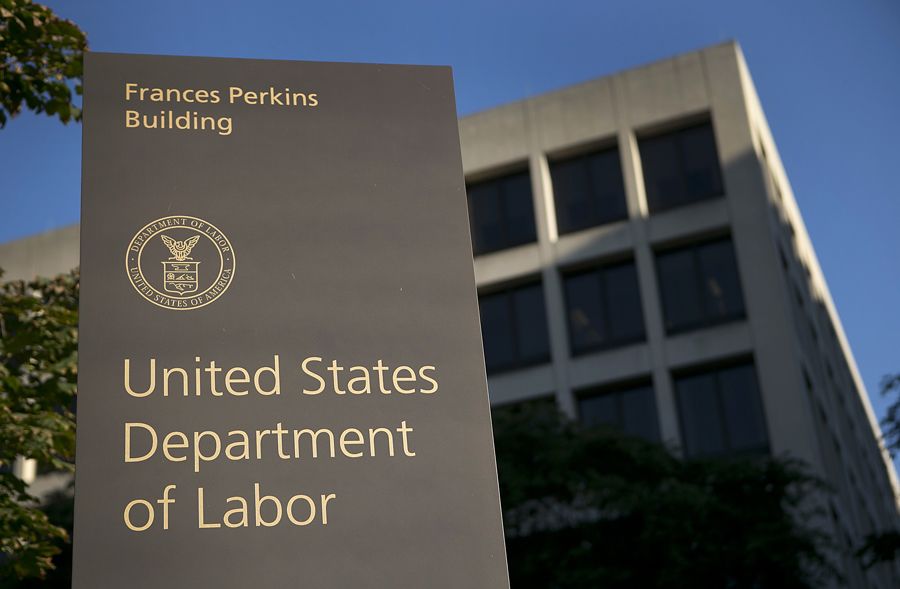Richard Neal: the new face driving retirement policy in Washington
 Richard Neal
Richard Neal
As he becomes head of the House Ways and Means Committee, Rep. Richard Neal (D-Mass.) is poised to make some big changes.
Retirement policy will have a new face in Washington next year, and that could mean major changes to the 401(k) industry.
Rep. Richard Neal, D-Mass., will become chairman of the House Ways and Means Committee when Democrats take control of the chamber from Republicans in January for the first time in eight years.
Mr. Neal has been perhaps Congress’ staunchest champion of retirement legislation, experts said, making his leadership of the powerful tax-writing committee, which has jurisdiction over retirement plans, a pivotal moment for stakeholders in the 401(k) industry.
“We’ve never had a chairman of Ways and Means or the [Senate] Finance committee who’s been so knowledgeable and interested in retirement policy,” said Brian Graff, CEO of the American Retirement Association. “That’s what makes it a big deal — he’s knowledgeable, he cares and it’s a priority.”
Mr. Neal has served in the House for three decades and is currently ranking member of the Ways and Means committee. He sponsored or co-sponsored eight retirement bills this congressional session, covering policy issues such as nondiscrimination requirements, leakage from 401(k) plans, retirement-plan tax credits for small employers, portability of managed accounts and plan annuities and required minimum distributions.
But retirement plan coverage — specifically, increasing the number of employers offering a workplace retirement plan to employees — is where he’s poised to leave his biggest mark.
“I think his legacy ultimately will be that he was the leader who finally spearheaded the breakthrough in retirement coverage, which has eluded us for nearly four and a half decades, since ERISA was enacted,” said Mark Iwry, former deputy assistant secretary for retirement and health policy at the U.S. Treasury Department during the Obama administration.
Mr. Iwry, a nonresident senior fellow at the Brookings Institution, believes the congressman will be the “champion of that issue in a way no other committee chair has ever been before.”
Mr. Neal last year introduced the Automatic IRA Act of 2017, a piece of legislation he’s sponsored each two-year congressional session going back a decade. The bill aims at closing the so-called coverage gap, which refers to the tens of millions of working Americans who don’t have access to a retirement savings plan at the workplace.
The bill would require employers that don’t sponsor a workplace retirement plan to offer and automatically enroll employees into a payroll-deduction individual retirement account, known as an auto-IRA. The bill would apply to employers with more than 10 employees.
A handful of states — California, Connecticut, Illinois, Maryland and Oregon — have seized on the concept and created their own auto-IRA programs, which are in various stages of rollout. Mr. Neal’s bill would expand the concept nationwide.
Meanwhile, he sponsored a separate bill, the Automatic Retirement Plan Act, last year — the first time he’s done so — that would require businesses with at least 10 employees to have a workplace retirement plan with automatic enrollment.
“I think either one would be a game-changer,” John Scott, director of retirement savings at The Pew Charitable Trusts, said of the bills.
Either of these bills, which experts agree could be combined together in some form, would likely bring the most sweeping reform to the retirement system since passage of the Employee Retirement Income Security Act of 1974.
About 40 million new plan participants would enter the system as a result, said Mr. Graff of the American Retirement Association, who recently met with Mr. Neal and said he plans to reintroduce a bill “very early next year.”
Experts are optimistic that such provisions could become law. For one, it’s the first time Mr. Neal has been the chair of Ways and Means, and Democrats will control the House for the first time since 2011. Several big industry trade groups, including ARA and the Insured Retirement Institute, are supportive.
The Senate, where Republicans will keep their majority, presents the biggest challenge. But retirement appears to be a rare area of bipartisan agreement, including the idea of expanded coverage, experts said. Given Mr. Neal’s other existing retirement proposals, he’d likely be able to bundle a package that’s palatable to both parties, they added.
Also, Sen. Chuck Grassley, R-Iowa, is incoming chair of the Senate Finance Committee. He also held that post from 2003-07, the time during which the Pension Protection Act — the last major piece of retirement legislation — was signed into law.
Lawmakers may also be starting to chafe at the possibility of several different state auto-IRA programs across the country, and may want to replace them with a national standard, experts said.
“This is his shot — his most realistic opportunity,” said Mr. Iwry.
Learn more about reprints and licensing for this article.








